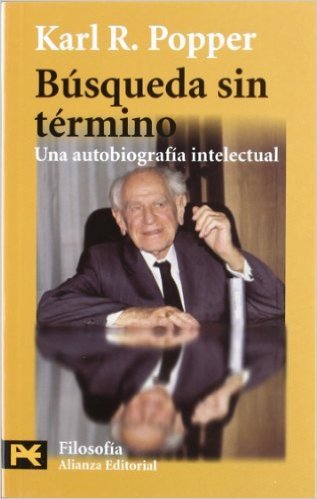What do you think?
Rate this book


368 pages, Paperback
First published January 1, 1974

...we shall always have to live in an imperfect society […] there always exist irresolvable clashes of values: there are many moral problems which are insoluble because moral principles may conflict.In his last chapter he claims:
There can be no human society without conflict: such a society would be society not of friends but of ants […C]lashes of values and principles may be valuable, and indeed essential for an open society[…]
The fact that moral or principles may clash, does not invalidate them.
The innermost nucleus of world 3, as I see it, is the world of problems, theories, and criticism. Although values do not belong to this nucleus, it is dominated by values: the values of objective truth, and of its growth. In a sense we can say that throughout this human intellectual world 3 this value remains the highest value of all, though we must admit other values into our world 3. For with every value proposed arises the problem: is it true that this is a value? And, is it true that it has its proper standing in the hierarchy of values: is it true that kindness is a higher value than justice, or even comparable with justice?Neat, precise Popperian food for thought...